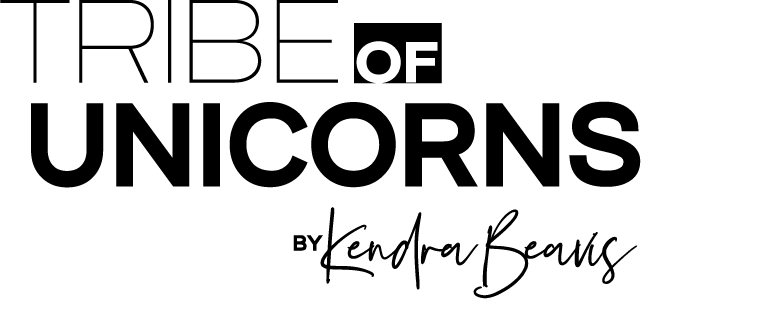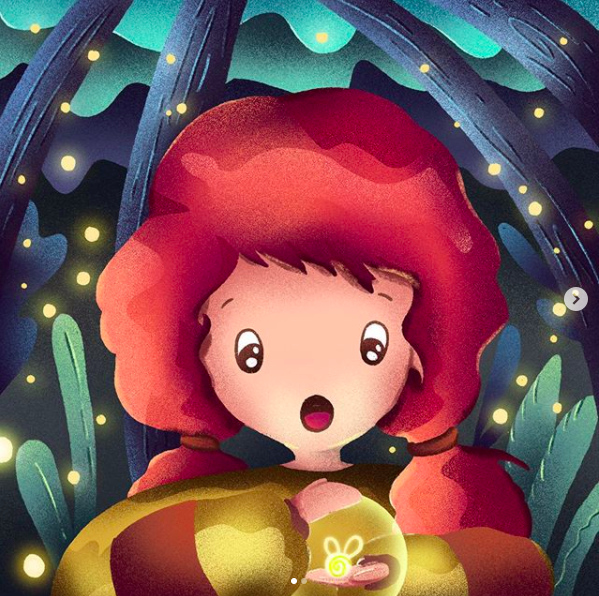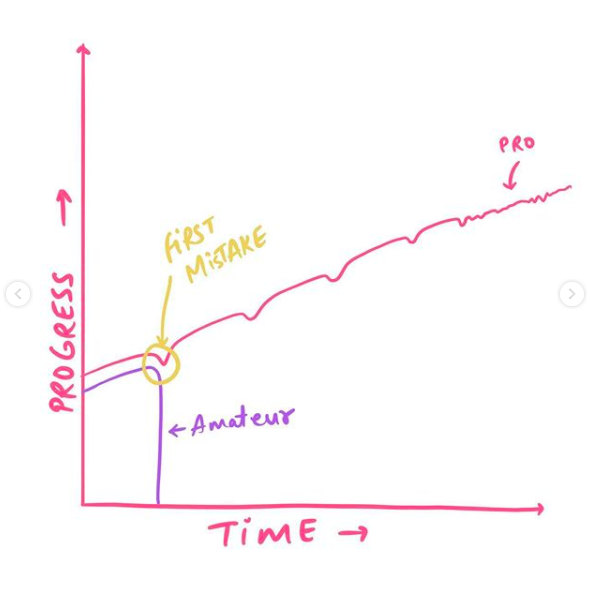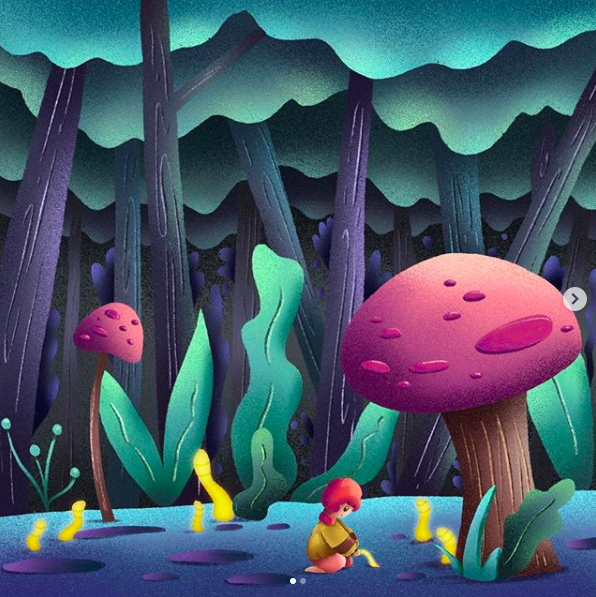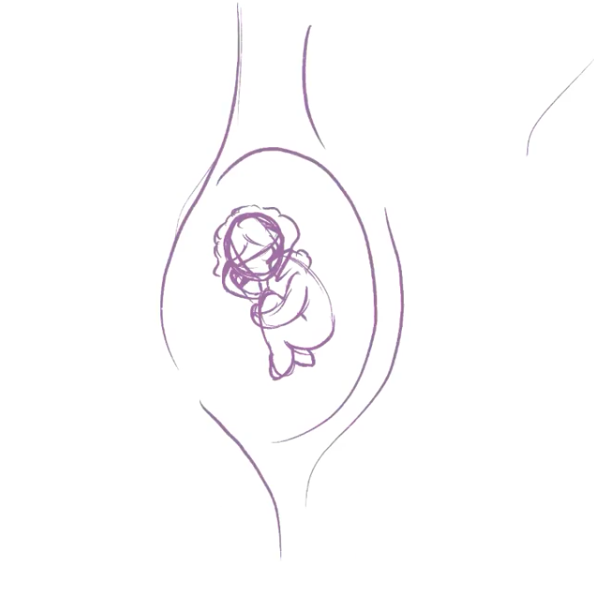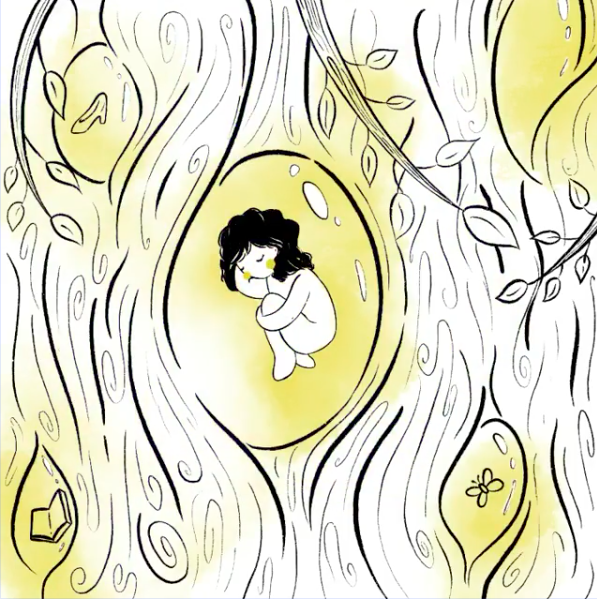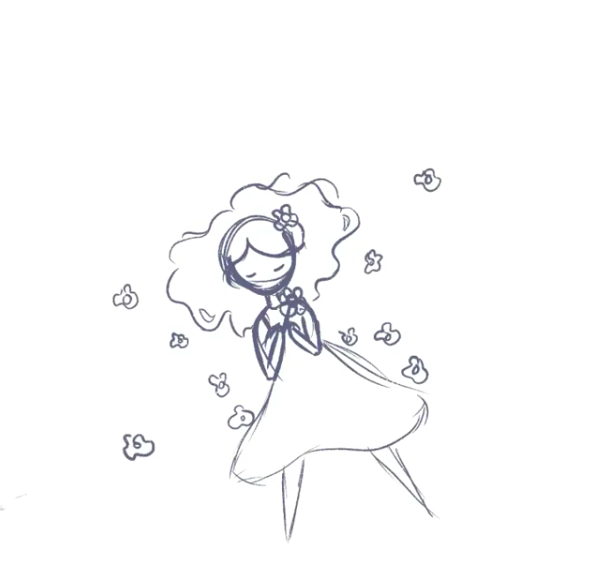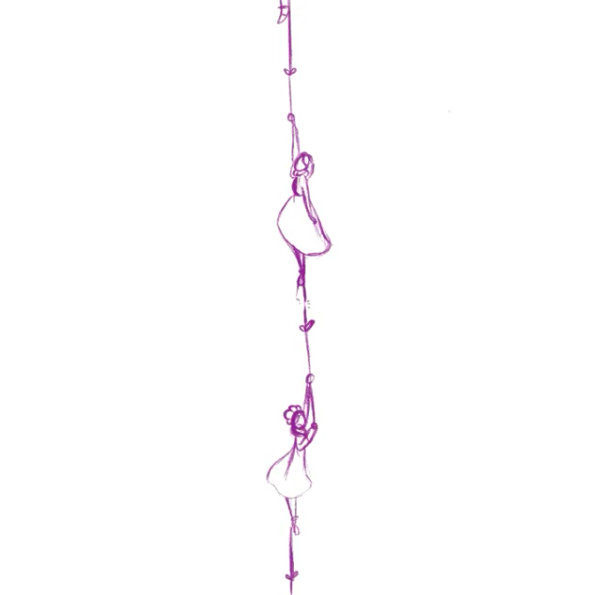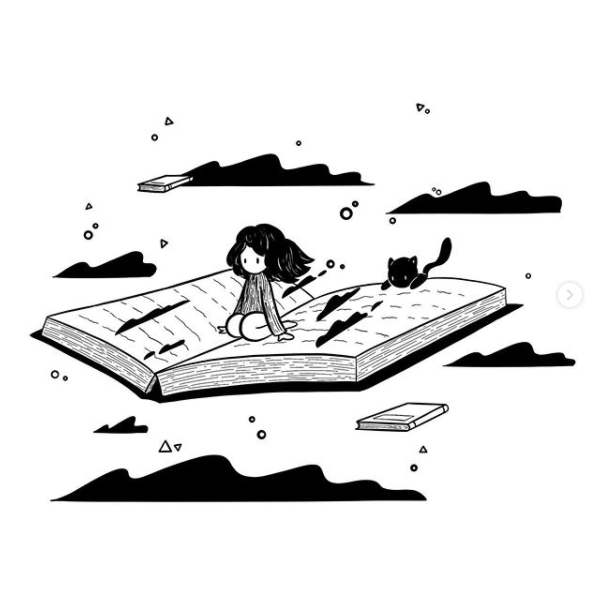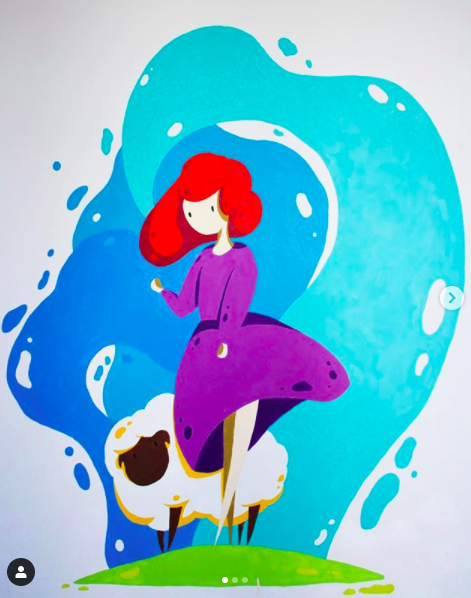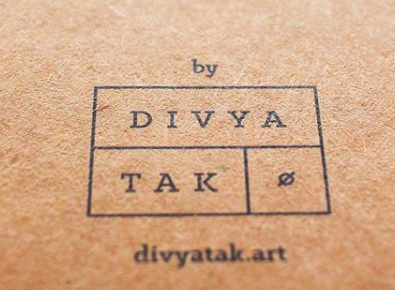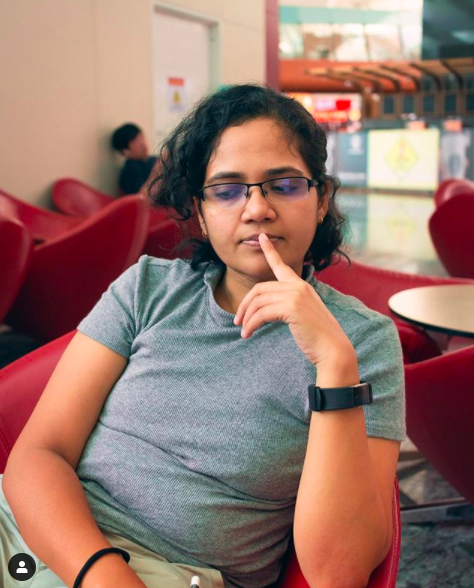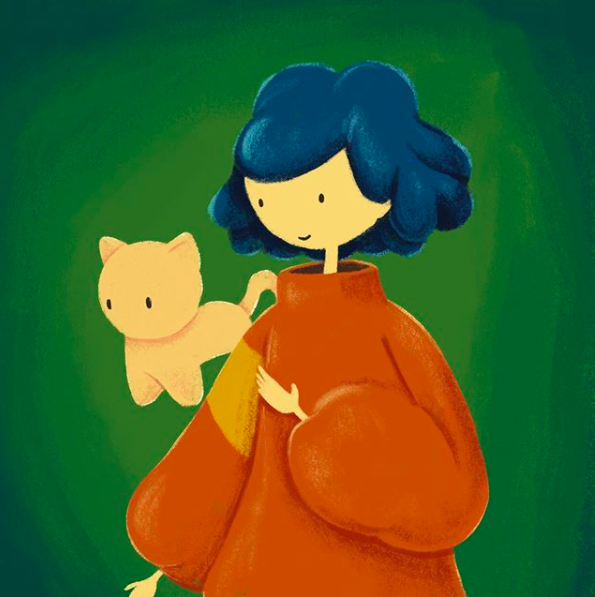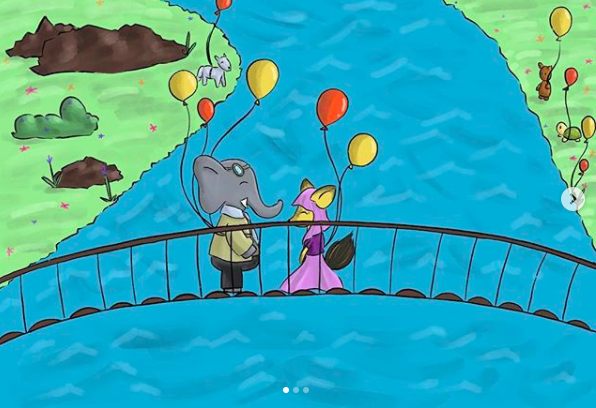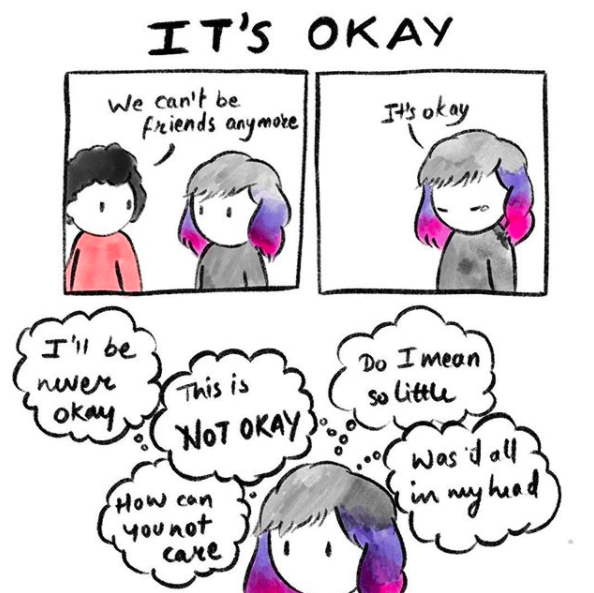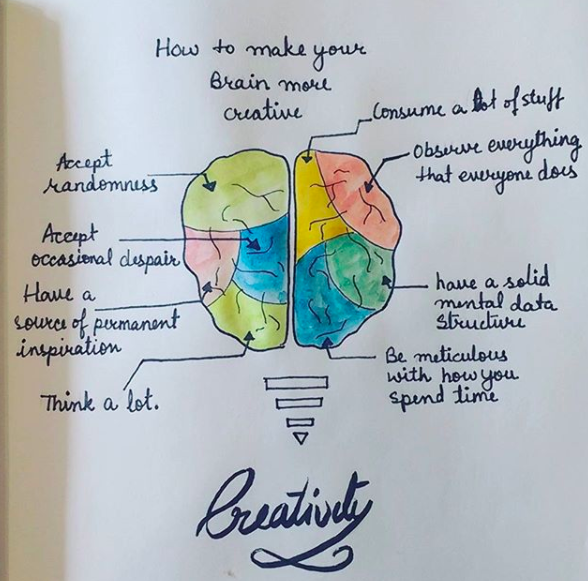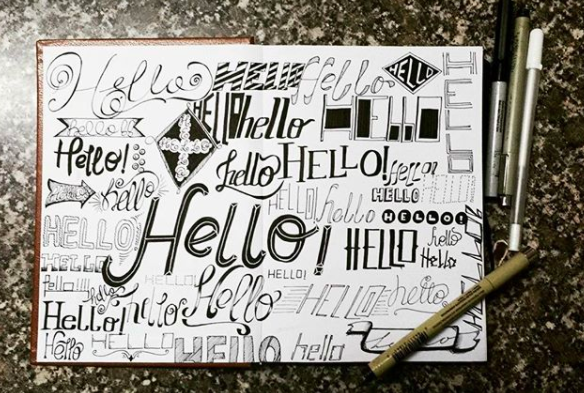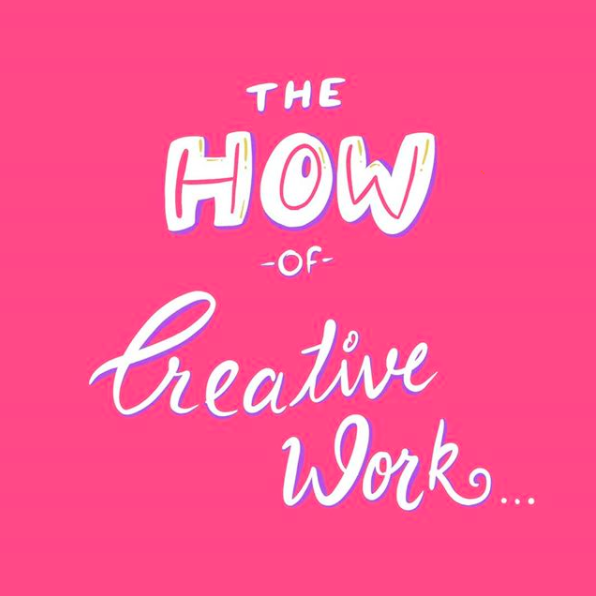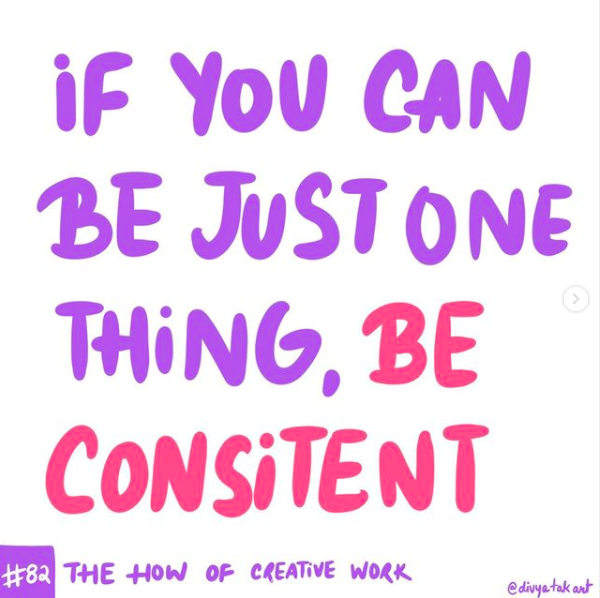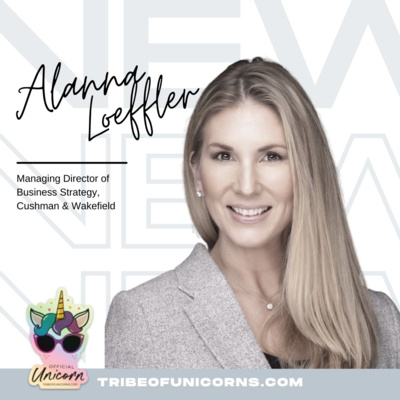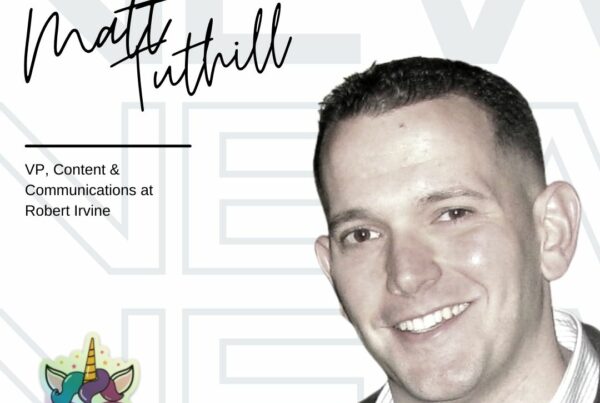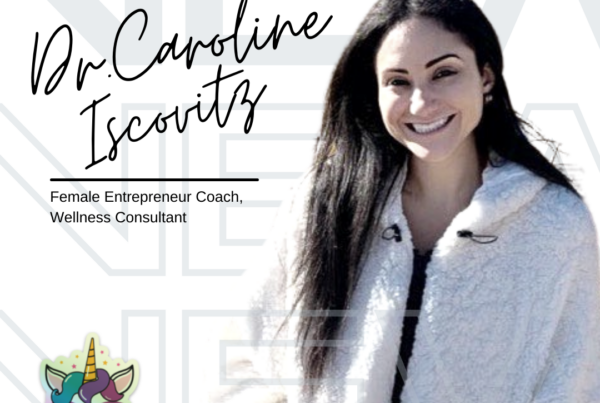The how of creative work
Episode 1: Divya Tak
I discovered Divya on one of my many rabbit hole visits to Instagram. Her vibrant, smart posts stopped me in my tracks. Scrolling through her IG feed is like candy for a creative brain. Her content speaks about the creative process in such a relatable way that makes me come back daily to see what she’s thought of next. You read her posts and think… YES! Me too! I thought I was the only one! It’s a delicious trip. So naturally, when I was curating a list of people to bring onto my podcast I reached out to introduce myself and beg her to come on and do an episode. Thankfully she agreed and we had the first of many conversations to come.
”There isn't 'I got a certificate for being creative and you got a certificate for being creative and then everybody else didn't,' right? Like, nobody came and told you that 'Oh, here — this is how you get to be creative.' You just are, you just do it. And it just happens.
DivyaGame designer, illustrator, creative unicorn
PODCAST TRANSCRIPT
KENDRA:
Welcome to Tribe of Unicorns. I am chatting today with Divya. I found her on Instagram and she is a designer, game designer, and general creative brain. She’s done many, many things and I wanted to bring her in because not only is her art absolutely incredible, and I love the way her brain works, but I wanted her to discuss her creative journey and where she is today and how she started. So welcome. Hi, how are you?
Divya 6:24
I am good. I’m pretty good actually considering this.
Kendra 6:27
Yes. Well, we’re recording this currently is March 17. And we are sort of in the throes of the Coronavirus and how it’s affecting the world. Divya, where are you located right now.
Divya 6:44
So I am right now in Bangalore, India. So that’s like in the south of India, right. Okay, we’re all and I’ve been living here for last one and a half years.
Kendra 6:54
Okay. Where were you before that?
Divya 6:57
Um, I was in Mumbai for a time. I have traveled much around India.
Kendra: That’s not a bad thing.
Divya: Yeah, it’s a good country and everything has its own flavor. So it’s a good thing to travel around.
Kendra 7:14
Now, why don’t you tell me about how you started and your career in creativity and how you started out. I think you would say you you didn’t actually start out in a creative industry.
Divya 7:29
Yeah. So, I started my education in physics and actually have a master’s in physics from a pretty good university if you can say that. And I was studying a lot. So a lot of kids in India generally only think of engineering or medicine as their only route to a professional career to professional success. And while I had more exposure, I still did not think that a creative career would be the path for me. But when I was in college, I somehow realized, okay, this is not necessarily my calling. I liked science, but I don’t really love it. And that was when I decided, Okay, I need to figure out what exactly do I want to do. And at that point, I was still in my second year of a five-year degree. So I was like college is the time when you explore a lot, right? Indian culture, unlike in the US — I know that you can change your majors and stuff. But the Indian system is a little more like the UK. So you can’t really change your majors per se. Once you have gotten into something, you’re stuck with that. So what I ended up doing was just teaching myself design. It was quite an interesting journey because I think that also forced me to learn the business side of things. So while I was teaching myself how to do design I was also teaching myself how to do business work, which, interestingly, when I talk to my friends who have had design degrees or art backgrounds, that wasn’t something that they didn’t get. Like, they were just so focused on making the work, that when they were thrown in the workforce, it was really like a shocker to most of them. Yeah, how to do things. And it was also like, at least to me, it felt like it trained me to be nimble. And to think about, “okay, this is where I want to go next.” And like, “what is capturing my curiosity?” For my second year, that’s when I started learning and doing a little bit of design here and there. And then I was always creative, but I hadn’t ever thought of it seriously, or even like taken any serious classes or anything like that. Very quickly, I sort of grew into it. And I started with just some basic graphic design stuff. And this was back in 2010. So that was the time when India was slowly booming towards the startup economy. We now have an amazing startup scene. But at that point, it was just beginning. And I somehow ended up in a very fortunate space timewise, where like a lot of people needed design services, people were like, “oh, okay, I need a logo”, “I need an app”, and all of that. And a lot of interesting work was happening around me, the people who are my peers. So I ended up working with a lot of people. I as soon as I graduated, I started freelancing, which was an interesting direction to take. But I started that and from graphic design, I slowly moved into web design for the iPhone and just transitioned into product design. From there I transitioned into now what I’m doing which is primarily game design, and I have primarily worked freelance through all of this time. And that has been the journey till now and now I’m trying to get into writing more — more into understanding how to tell stories more interestingly. So that’s a little bit about who I am.
Kendra 11:02
It’s such a cool story because I see that myself when I have interns come in here or kids who have just graduated, and they come to work for me, they don’t know the business side of things at all. So it’s kind of a culture shock where they’ve had three months to work on a project, and then they get here and I’m like, Okay, you’ve three hours. So yeah, I think that’s a really interesting experience. You had to have that as a background
Divya 11:33
It’s like I have two different roles. One is this engineering world where I sort of had my formal education and one is the creative world where I sort of built my circle and my workspace, right? And it’s very interesting. Like when I have those conversations, it’s almost like I’m lucky. I get the best of the best of both worlds. Sometimes the engineering folks don’t know how to enable their creativity, they will say, I do know how to access that side of me when I’m working. And a lot of creative folks will be like, I don’t know how to make money or how to scope down things or scope up things or all those problems. And I’m like, okay…I’m happy that I’m sitting at the intersection of both of these things that I had the opportunity to just learn from both of those sides.
Kendra 12:28
Yeah, that’s such a cool, unique perspective, you have to be able to kind of meld both sides of things. So looking at your Instagram, and that’s where I found you and where I fell in love with your messaging. So are you working on a book? What’s your next move? Where do you want to go from here?
Divya 12:49
Um, so when I started doing this, that was on first January. I plan for like, making a hundred posts at the very least, like that’s my minimum thousand likes. Making these like when across the 50 mark, I was like, Okay, so what exactly do I want to? Like? I also asked myself that question series. And from where I’m sitting right now it feels like maybe something like a tiny seam style book would be like the next pilot step four. So, because I come from a lot of product design background, it has been like — make a small thing and then test it out and see how it works. And then move on to something bigger has been like the mental model. And so that’s what I want to do. I want to like, try something which is like, not necessarily a book, but something where you can interact with it where you can say, Okay, this is my learning here and this is what I feel is important. And just see, like float it around — see if that gets some response. Maybe it does, maybe it doesn’t, but that is where I’m thinking the next step to be. Maybe not directly jumping into writing the whole book.
Kendra 14:00
They’re just such perfect little bite-sized pieces of beautiful creative inspiration. And I definitely encourage everyone to go check out. Divya’s Instagram is Divya Tak art. What are some of your favorite ideas that you’re sharing here?
Divya 14:26
Um, so I think one of the key ideas that sort of inspired me to do this whole thing was this conversation that I’ve had with multiple friends of mine, where they would insist that they’re not creative, or what they’re doing is not creative, or what being creative is like, because the series is called the how of creative work. And I want to discuss the functional aspects of it and the emotional aspects of it both. Because there are so many questions that people have, and they’re just like, no, this is unsolvable. This is just like some Magical Voodoo thing, and you and you figure it out. And there are some magical people who can do it. Not everybody can. You’re lucky if you do it. And I just wanted to break that myth. So like, there is this one post that I’ve done, you are creative. And I think like that sort of like the soul of the entire thing, where it’s like, you want to do it, you can figure it out, because you have it in you, like all of us are creative. Like there isn’t an, “Oh, I got a certificate to be creative and you got a certificate to be creative. And then everybody else didn’t.” Right? Like, nobody came and told you that “Oh, here, this is how you get to be creative.” You just are — you just did it. And then it happened. Right?
Kendra 15:40
Yeah. I mean, I think so many people have this stigma around or even anxiety around being creative. I love one of your posts that called “Make work that sucks.” I think it’s just such an important thing to say. I mean, 90% of what I do, and I’m sure you will agree is something that’s really practice. It’s not anything that we’d ever show to anybody, but it’s all about consistency and just keep trying different things and not being so scared to make something that you don’t like, because I just feel like there’s value in that practice.
Divya 16:19
Yeah. And there is also this, I at least, this is what I say that a lot of times there is a lot of vulnerability that goes inside, just putting what you’re creating out there. It’s really like you’re putting a part of yourself out there for everybody else to judge and you really have no power or control over them. And I feel like as vulnerable and as scary as that is, I totally recognize 100% of that feeling. The only way to get over that feeling is to just do it so that you are thick-skinned enough. I’m not saying that I don’t have hard days. I’m pretty sure you have hard days as well. But it’s just like you, I keep doing it and keep making and don’t know how the result will turn out and you’re still like, okay, but I gotta do it. And no matter the endpoint, it is the journey that I’m trying to fall in love with. And I feel like it’s such an important message if you only more people got it on a larger scale also if more people thought that they were tougher, I truly feel like the world would have way more empathy than it has right now.
Kendra 17:26
I totally agree. I think there’s using that part of your brain. It just makes you better in most areas of your life. I mean, I know coming at things from a creative perspective for me, I’m a better mother, I’m a better wife. I just, I’m able to think about things a little bit differently. And I think that is due to working in a creative industry and growing up with that idea that everything is a journey and everything is a process and sometimes the most beautiful things come out of like the longest most arduous journeys. Yeah.
Divya 18:04
Because like that the arduous journey part is so so important. There is this like idea of romanticizing the creative person, right? There is this idea of Van Gogh was born to paint. And then he took his brush and he painted. And he created this entire genre and that’s what people want to think about when they think about Monét — to people — he was this prodigy. Everything came easily to them. They understood themselves and their work so well. And that’s just blatantly false. Everybody’s insecure, everybody’s trying to learn. You hear the people who are at the top and the ones who are just beginning and they both have the same concerns. Everyone has impostor syndrome, everybody feels like I’m not doing good enough for my level of where I’m at and where I want to be at. And that journey is super arduous. It’s just it’s worth it when you want to make something. And that’s I think what I want to share with people…make something, it’s gonna be ok.
Kendra 19:09
The best things I’ve ever accomplished are things that were collaborative things that I had to revise 100 times, and you just are so proud of yourself at the end. But I think the most important thing to remember is there never really is an end. The whole creative process is a constantly evolving thing. And it’s influenced by whatever it is you’re going through in life, or your age, or, you know, so many different things. Like when I look back at myself when I was 10 years old, and drawing and doing things versus now, not only has the experience shaped where I’m at but also life experience. And how do you feel about that?
Divya 19:58
Yeah, it’s very interesting that you bring that up. Because recently I’ve been like thinking about what sort of shapes my work. And like what has sort of shaped me and there is so much overlap from both sides, like the kind of media that I’ve consumed, the kind of things that I’ve gone through. Everything sort of brings a little bit of itself to whatever I’m making as much as it does and to whoever I am. And it’s just super interesting because my experience has also been exactly that.
Kendra 20:32
I find that even though we’re in such a weird place right now, and a lot of the content I’m creating is reacting to the situation that we’re in. Even you posted just today, how to work from home. I mean, that’s so important for people to have to know how to do that now because all of us, or a lot of us are in that position.
Divya 20:55
Yeah, there is this thing that I feel sometimes like “I can’t say that”. I feel that it would come off a little disingenuous because I feel like I wish I had a broader sort of scope of life experience. Everything that you go through, adds to your life, right? And like, for example, I sometimes feel like, Oh, I don’t really know what that’s like. So like right now, in these days when like, they’re all stuck at home. It was making me think while I was writing that post, that there are people who don’t have that option, like anybody, for example, a taxi cab driver, or a person who’s working at the grocery store or a doctor, they really don’t have the option to like, just get up and leave. They have to show up to that job, whatever that job is. And I was thinking, I’ve never had that experience. And like sometimes it just makes me think, Oh, I really do wish I had more of those things.
Kendra 21:57
It’s fair to say you’re technically freelance.
Divya 22:00
Yeah, I have been freelance for most of my career. So I only had a full-time job for one year out of the last seven years since I’ve been in employment. And that was with this really interesting and creative app where you write collaborative poetry with people. It’s an interesting product. But apart from that, I have just been freelance because I think I just never felt like I would get the kind of personal growth as I would in freelance if I’m working in a full-time job. When you’re working freelance, I think you end up like handling so many different parts of work. You’re working on how to negotiate with people, you’re thinking about, okay, how should I scope this project? Most of the time you have no business working off of a brief — you’re doing the people management part of it, you’re doing the sales part of it, you’re doing the even when you are working on the brief itself. There are so many decisions that you yourself are taking instead of somebody else, just like, you know, a manager telling you, here are the five things that you need to do, and then just do that. Right? I right. That was the I think. Now, of course, people learn a lot in full-time roles as well. And one of the things that I’ve never had is a mentor. That is something that you gain when you work full-time with somebody. But somehow I felt like for me, that it was offset by all of the other learning that I have. And obviously, that’s why I just stayed freelance, even like when I after I left my job, I was like, I had the option to look for another job, but I was like, I think I just want to stay freelance, I want to explore different things. And it also keeps variety. When you’re working in a job, you have a certain kind of role and you do that certain thing. You do it well, but you still do that one circle kind of thing. And when you’re freelancing like last year, I did so many things. I made covers for journals, and I made album covers for a band. And I also released games in AR and added so many other things. And I was just like, Okay, this feels like me. I think that made me push myself in the decision of freelance and regardless of the financial insecurity and instability that comes with freelance, because it is hard — I think that it is just worth it.
Kendra 24:30
Yeah, I know, you know, that was something I want to explore with everyone I have on each of these episodes because I have a variety of people that are coming on. And I think the motivation to choose a freelance career versus working for a company and kind of the pros and cons of each so that anyone listening to this can kind of get an inside view of the motivation to choose one or the other and some of the reasons you as like, I know there’s so much work done right now about your business. personality profiles. So knowing that and especially as a student choosing a path — hearing these conversations is helpful. Have you ever done the personality profile?
Divya 25:20
Yeah, I did like mine like last week or something it’s interesting it’s quite interesting. I would suggest that
Kendra 25:31
Yes. I bought it and I started it and like most things, you know, it ended up being a tab on my browser that I didn’t get back to.
Kendra: Valley of infinite tabs.
Divya: Oh, it’s such a rabbit hole.
Kendra: So what did you turn out to be?
Divya 25:48
I turned out to be a type three, which is the competitive one. Which is quite interesting because like, so generally when you read the tests. Right? And that was the, that was the one that sold me on the test. In general, whenever I read these personality tests, it’s like, okay, it’s interesting, but this is a little bit like a horoscope. Anybody could fake that unlike, this was the one. And also, like with Myers Briggs, every time I’ve taken it, I’ve gotten a different result. So it’s also like, okay, that’s weird. But this one — it was quite interesting because the good and the bad both matched up really well. I could see “oh yes, in the bad times I am in the good times, and this person”, okay, this makes a lot of sense. Yeah, like, I think that also helped me like for the first time it was also useful to take one of those because I was like, okay, maybe I can change these two or three things about my personality or mitigate these two things. Then that can help me navigate my life a little better.
Kendra 27:06
Right? Yeah, I did one years and years, and years ago that kind of find your top five strengths. And knowing those things about me it kind of helped me shape different things I was offering that maybe weren’t in my areas of strength. So to shift that a little bit or even knowing someone’s personality allows me to kind of navigate our conversations better and communicate with them better. Yeah, yeah, my son had done one, which I thought was really interesting that they had kids in sixth grade take this test, and their thought process was, it will help you know how to do both communicate with people better and how to ask people to communicate with you better.
Divya 28:00
Yeah, that’s actually quite wise because I don’t know about how things are in the US, but in India, I would say that sort of emotional intelligence, understanding from kids is very low. Like, if somebody’s parents are teaching them, that’s amazing. But even that awareness isn’t very high. So just being able to think about how do I learn how I need other people to communicate to me… and both aspects of being such an important thing to do.
Kendra 28:40
Yeah, I, you know, I think this younger generation that’s coming up right now is a really interesting one, at least from what I’m seeing and in my small experience with my kids, but they’re just so much more self-aware. And their acceptance of each other and what I’m seeing is that it allows them to not necessarily make mistakes, but try all sorts of different things and it be okay if they’re not, you know, the best at it. It’s kind of interesting to watch the development of them. Because they’re also kind to each other.
Divya 29:20
That’s very interesting. So are you familiar with Brené Brown?
Kendra 29:27
Slightly
Divya 29:28
Okay, so I’m right now reading one of her books, and she talks a lot about this about how empathy is the antidote to shame and how shame is the main feature of what would build shame resilience. If you look at a lot of older generations, a lot of communication is based on shaming people, right? Like, you know, like your parents, not your parents, not my parents, but like, generally the older generation is like, okay, you are not doing this and that makes you like this kind of a person and I don’t want you to be that kind of a person, instead of it being like — Okay, let me try to understand what is the place that you’re trying to come from. It’s really interesting how deeply shame is primarily focused on women and how shame affects them because women are quite massively shamed all across the world in different ways. And so this is quite amazing that, as you see kids, the thing that you said about like being able to make and try new things, and like not feeling shame…Yeah, you’re gonna be put on the spot that you have to perform all the time or that you have to be like, successful all the time or that you have to be the right one all the time. Not having that kind of pressure like that will definitely help you build all sorts of good and healthy socials kids.
Kendra 30:52
I know. I think it’s funny because I grew up that way where if you put something out there, you better be really good at it. I think that mindset circles back to being creatively courageous because we grew up with the idea of — just put your best work out there don’t show your process. And now with everything and everyone trying to be so much more authentic — that’s a really important thing — to keep putting yourself out there and not being afraid to show your mistakes and process. This didn’t work out, and here’s the lesson I learned. Because it was almost like it was under the table that no one discussed it, but it was happening. That’s how you get good at something. Practice and failing and coming up with a solution.
Divya 31:33
So that is one of the reasons why the post that I’m doing right now they’re all handwritten, like fairly easy to make things look polished in a way that wouldn’t take that long. Right? But I didn’t act to it to me that feels like I’m countering my message. Like I hear I hear or see people talk about this so often. How can you post every day I can’t post every day that Just not me. And it’s like, I want that raw edge to be there so that it’s visible, like, I will make mistakes, there might be some type, there are typos in some of my posts, there will be some grammatical, not because I am clumsy, but because if I make hundred of anything, I’m gonna make some mistakes, that’s just bound to happen. And just allowing myself like, I don’t think that I can allow anybody else to take random paths if I haven’t taken a random path in my life. But if I’ve always stayed on the means, I’m not gonna think that, oh, you can go on to some random jungle road and maybe figure out something, I’m just not going to be able to be okay with that. And so like, I want to in a way exhibit the behavior that you want to see in the world. And I don’t want to be polished or I don’t want to put out like these unreasonable expectations, because then they come back, and reflect you as well. You don’t want that kind of pressure on you. I’m satisfied.
Kendra 33:05
Yeah, I love what you’re putting out there. Like even this one I’m looking at right now, this one woman said, “Well, I’m bad at starting.” That was her comment on your seven ways to practice smarter. And I feel like people don’t start because of the idea that “oh, well, I can’t be perfect”. And the idea of just being raw about your process and putting things out there, and even though it’s a work in progress, it doesn’t stop you or put up a roadblock.
Divya 33:36
How long ago — I know this is not a reverse interview, but how long ago did you begin just doing any sort of creative work just professionally
Kendra:
Well, I graduated college and 2002 and I got my graphic design BFA in Philadelphia, but I’ve always been doodling I just always had a sketchbook. I was always drawing. That was my escape. It made me super happy. And I had some really cool people guide me through getting to the point where I realized I wanted to be an artist and some weird things that happened because I was in the right place at the right time. But my business — 20 years. But it was so funny because I didn’t know what graphic design was when I was applying for colleges. And I had applied to SVA and you have to apply right into your major. And so I had applied to what I thought the major was which turned out to be their animation program. When I got there for the portfolio review, the teacher that was doing the interview was showing me what the program entailed and I was like — Oh, that’s not actually what I thought I was going to be doing. And he was like — you want graphic design.My high school really didn’t have a program like that or tell us what that was. I had done layout and yearbook and all sorts of things. But I didn’t know what that even what that title was. So it was hilarious, because I’m like, Oh, you just changed the course of my future with one conversation.
Divya 35:43
Yeah, I’m pretty sure that Professor does not know what impacts he had on the trajectory of your future.
Kendra 35:55
I didn’t end up going to SVA but I would have loved to have gone and told him how he changed my life.
Divya 36:04
That’s crazy. I love it.
Kendra 36:07
Yeah, it was funny. I love this “seven traits of highly creative people” post too.
Divya 36:15
Thanks. That was something that quite a few creative people personally like. They DM me about it. They’re like, Yes, I agree with this. This is quite true.
Kendra 36:27
Being a creative person, how do you think it enhances in your personality?
Divya 36:32
I can answer this because I do think that at this point, I can’t think of myself as anything other than a creative person. But here’s what I would say — If I think about my friends, here is how I would say it sort of differentiates me. I’m able to take a lot more risks, and I’m able to say okay to a lot more happy accidents. I have traveled around India quite a lot living in a lot of different places. And I think every time something has changed in my life, I’ve always found myself being like, Oh, that’s good. Change is amazing. And I think that’s an attitude, which is like, you know, when you’re drawing on your painting, and suddenly your brush goes in the wrong direction, and you’re like — well, that’s interesting. And now I guess you have this weird shaped ear. That kind of thing. I think probably on a larger scale that attitude has helped me. But overall, I would say that just in general, being creative has become my identity of sorts. If you’re making something that you actually like —And that’s where I feel the most me.
Kendra 38:04
Learning mistakes happen and kind of going with the flow is an interesting concept — like the Bob Ross of all things.
Divya 38:13
Yeah. Happy accidents. And you can see that in Bob Ross’s personality, right like he is that person who is just so relaxed, just like his paintings.
Kendra 38:28
I would love to do a second conversation with you about inspiration because we’re at about 40 minutes or so probably a half an hour runtime. But I would love to have a second conversation about inspiration and where it comes from. So let’s let’s set that up for sure. Amazing. This was a really, really fun conversation. So thank you so much for taking the time out. I know this is a crazy time and it was such an awesome conversation and I can’t wait to record another one.
Divya:
Really looking forward to our next conversation and looking forward to the podcast.
Kendra:
Have an amazing day.
—
Transcribed by https://otter.ai
